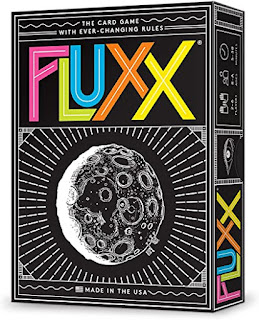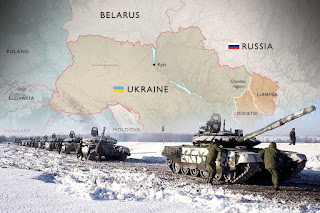Sometimes missing a flight turns into a blessing.
My older son was flying from Little Rock to Kansas City through Dallas but missed his connection because the flight was late leaving Little Rock. He called from the airport bemoaning his fate but said that there was another flight he could book that wouldn’t put him into Kansas City too much later than planned. Not long after that call he called again. This time with better news.
While my son was booking the new flight he came across an older gentleman who was on the same flight and in the same predicament but was having difficulty booking a new flight. My son helped him out and got the gentlemen on the new flight. All was well. In appreciation the man invited my son to the Admiral’s Club in the terminal – a swanky lounge for wearied travelers stocked with all kinds of food, drink, and comfortable chairs to pass the time. So, the second call came while he was eating steak! His missed flight turned into an unexpected blessing!
That happens sometimes. Sometimes what appears to be a curse ends up being a blessing. Not always, but sometimes. I know it’s happened to me.
- That relationship I wanted so badly ends only to be blessed by another relationship that turns out to be so much better than I could have ever expected.
- The job offer that I so desperately wanted never comes only later to find a job that is so much better.
- The ministry I so anticipated turns out to be unfruitful but opens the door to another ministry that fits my skills and passions in so many more ways.
It’s happened enough in my life to convince me that some things that I think I can’t live without are really holding me back from the things I really need. Sometimes not getting what I want is precisely the pathway to getting me where I really need to be.
Sometimes it’s obvious, but even when it isn’t perhaps we can live life with the awareness that with every missed opportunity comes another opportunity to learn something or to grow in some way. Being denied what I want doesn’t have to be the end of me. I don’t have to fall into despair. That denial is a chance to see a possibility I never would have seen otherwise.
Add to that my faith in a God who is always working behind the scenes, I can trust that he can make right any mistake I make or redeem any wrong that others do to me. Ask the Old Testament hero Joseph whose life is all over the map until he finally lands a cushy job with Pharaoh. In a meeting with his no-good brothers who in jealousy sold him into slavery, he articulates this beautiful truth – you meant to harm me, but God intended good (Genesis 50:20).
You see, that’s what God does. He takes a missed flight and turns it into an invitation to the Admiral’s Club! Sometimes missing a flight turns into a blessing.








